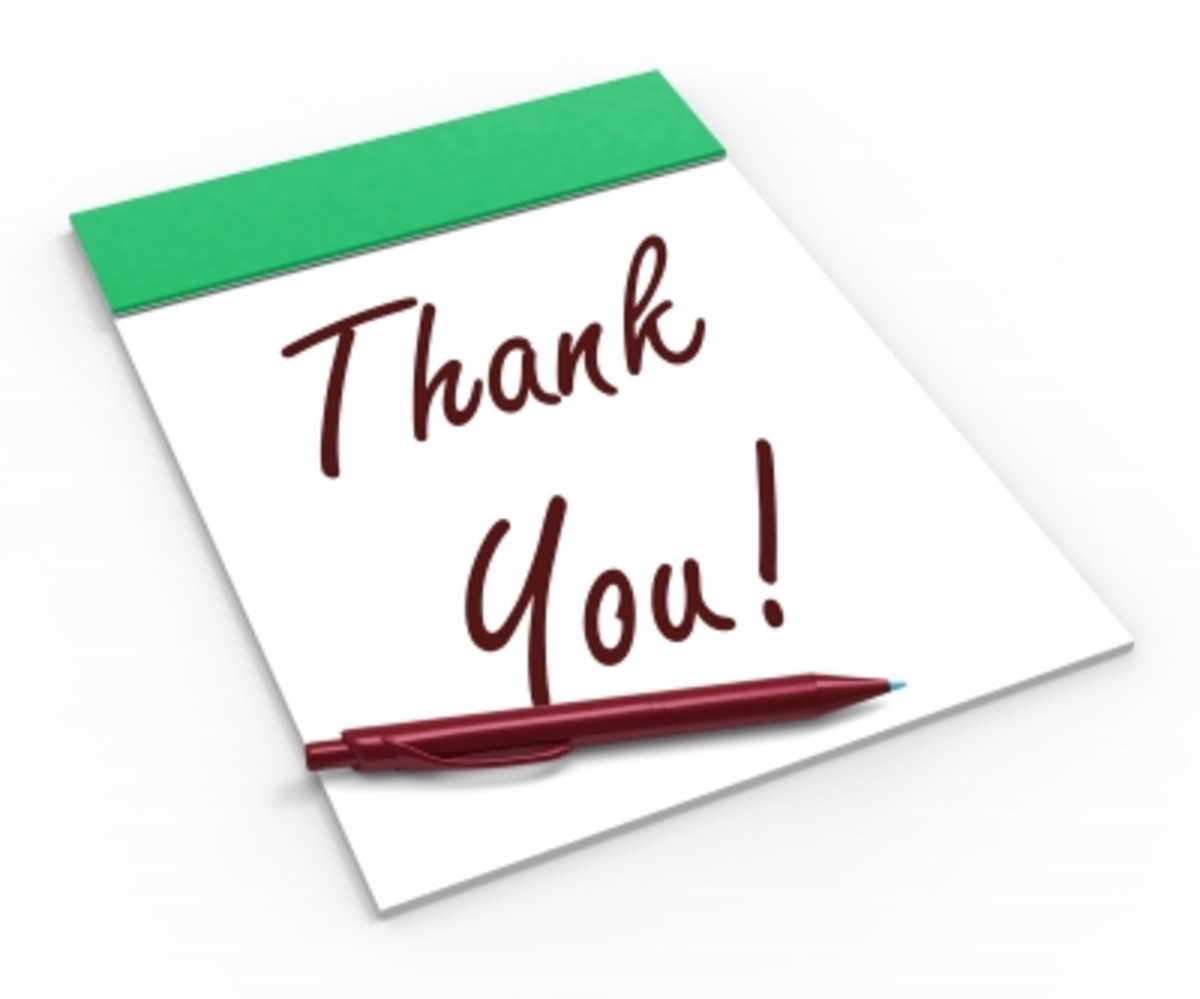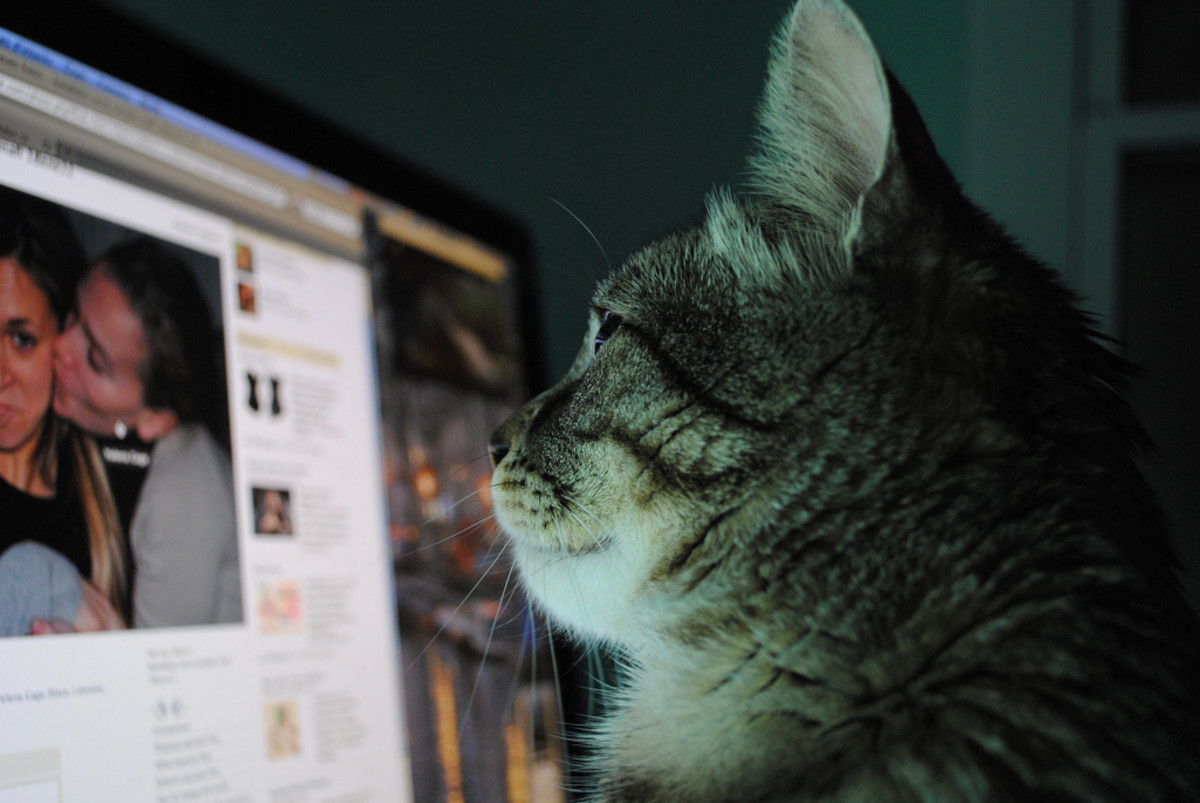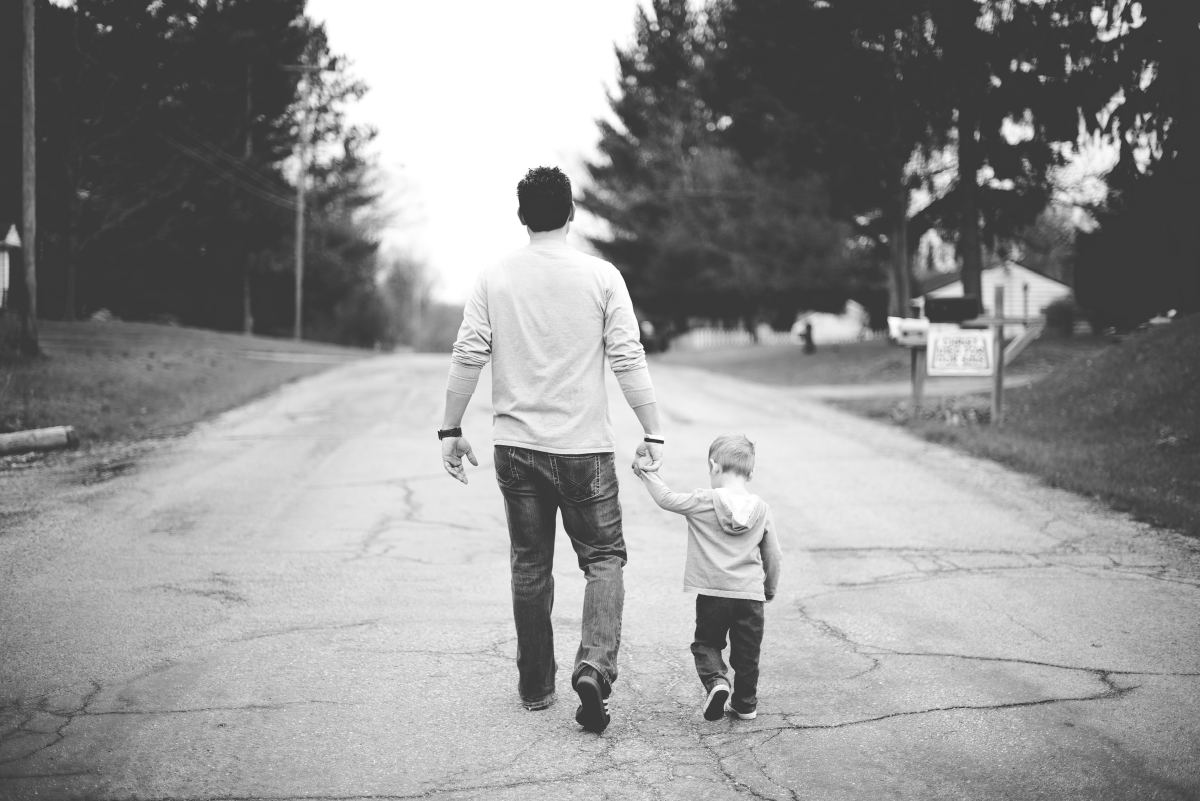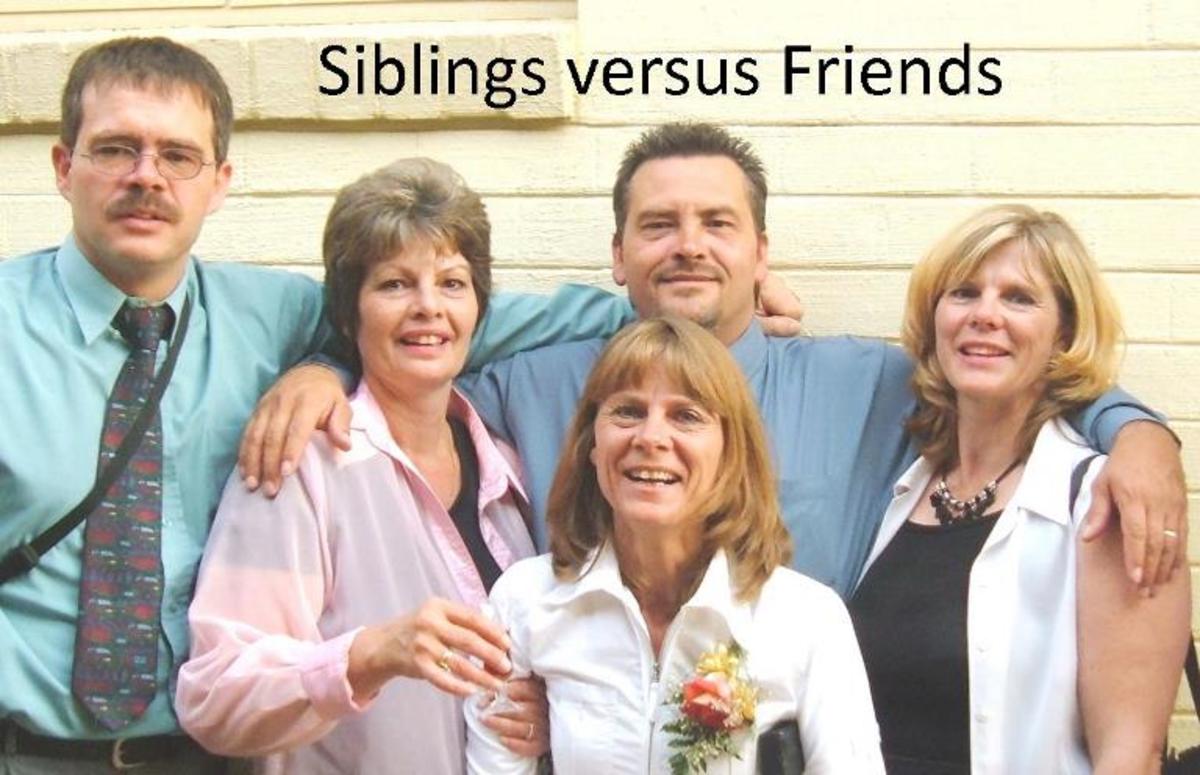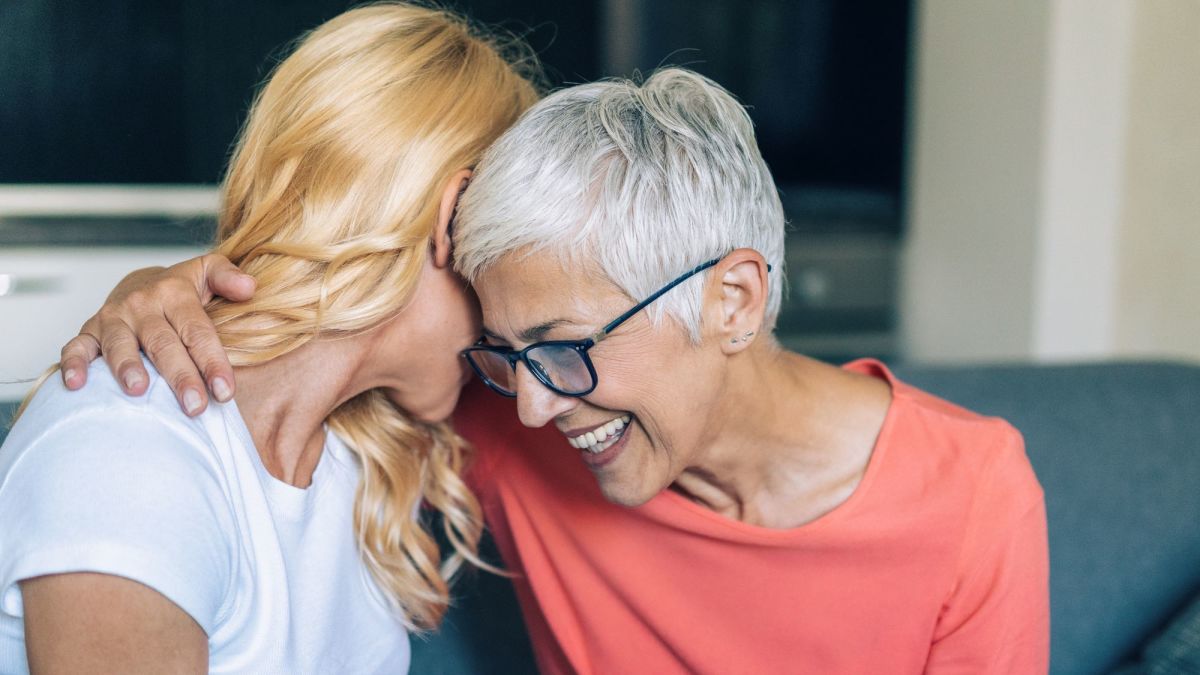The Lost Art of Saying "Please" and "Thank You"
In my own experience, the three most important words in the English language are "thank you" and "please." Ironically, these three words are used less and less, and as generations go by they may just disappear altogether. My question is "Why?" Why are these iconic, easily said and even more easily remembered words becoming archaic in our vocabularies? Why are manners becoming a lost art? And even more importantly, why are so many people lax in encouraging or modeling even the simplest forms of respect, consideration and appreciation to our young people?

First impressions are an integrally important factor in the way others perceive us. In fact, a study conducted by Sunnafrank and Artemio Ramirez Jr, at the Ohio State University concludes that character is often assessed within the first three minutes of meeting, and thus, has a huge impact on future relationships. Conducting ourselves in a proper manner not only conveys respect for others but is a demonstration of self-respect as well. Our society has become all about boosting self-esteem and self-confidence but completely lacks in respect. Fortunately, courtesy is catchy. Treat someone with courtesy, and it is almost certain they will treat you in like manner.
Most young children are taught the "magic word" in their early interactions with adults. I confirmed this by visiting all four of our kindergarten classrooms, in which 96 % of the 114 children present instantly responded "PLEASE!"
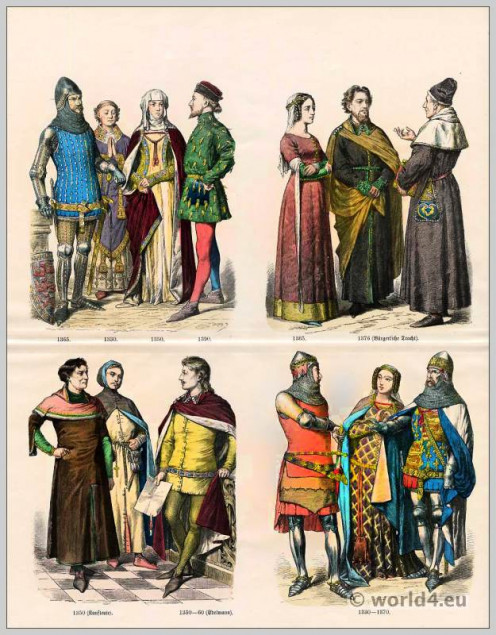
The etymology of the word 'please' dates back to the early 14th Century. As a verb, it is a shortened form of "may it please you to....." [1] By using the word 'please,' one can instantly turn a command into a wish, a demand into a social obligation, but people need to understand that there is an option to compliance. We do not always get what we wish for, but when we do....... it is appropriate to say "thank you."
Thanks, a noun, is derived from Old English and initially meant "favorable thought' or an expression of "gratitude." It wasn't until 1703, we find a record of anyone thanking someone for nothing. Obviously, this began a sarcasm we regularly hear today. Note, using either word, please or thank you sarcastically sends a negative, confusing message. Courteous language and behavior should always come from genuine feeling.
Many people blame the lack of manners and absence of proper communication on feelings of entitlement. I disagree with that summation to a certain degree but not wholly. Manners, courtesy, consideration, empathy, compassion and a host of other virtues are learned at home first. They are to be modeled, reinforced, and modeled again. A foundation is constructed, upon which, the host of people most influential in a child's life will continue to instruct and guide him/her.
Barney sings about "Please and Thank You;" Elmo and Ernie grace the cover of "Please and Thank You- A Book About Manners;" and Character Education is a part of the curriculum in many schools. We are surrounded by information...... what we need to do is refresh what we already know, and then set an example for the young people around us.
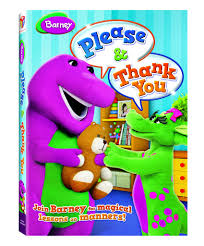
Barney sings about "Please and Thank You;" Elmo and Ernie grace the cover of "Please and Thank You- A Book About Manners;" and Character Education is a part of the curriculum in many schools. We are surrounded by information...... what we need to do is refresh what we already know, and then set an example for the young people around us.
© 2014 Awdur
Source
Sunnafrank, M. Journal of Social and Personal Relationships , vol 21(3): pp 361-379.[1] N.p., n.d. Web.


